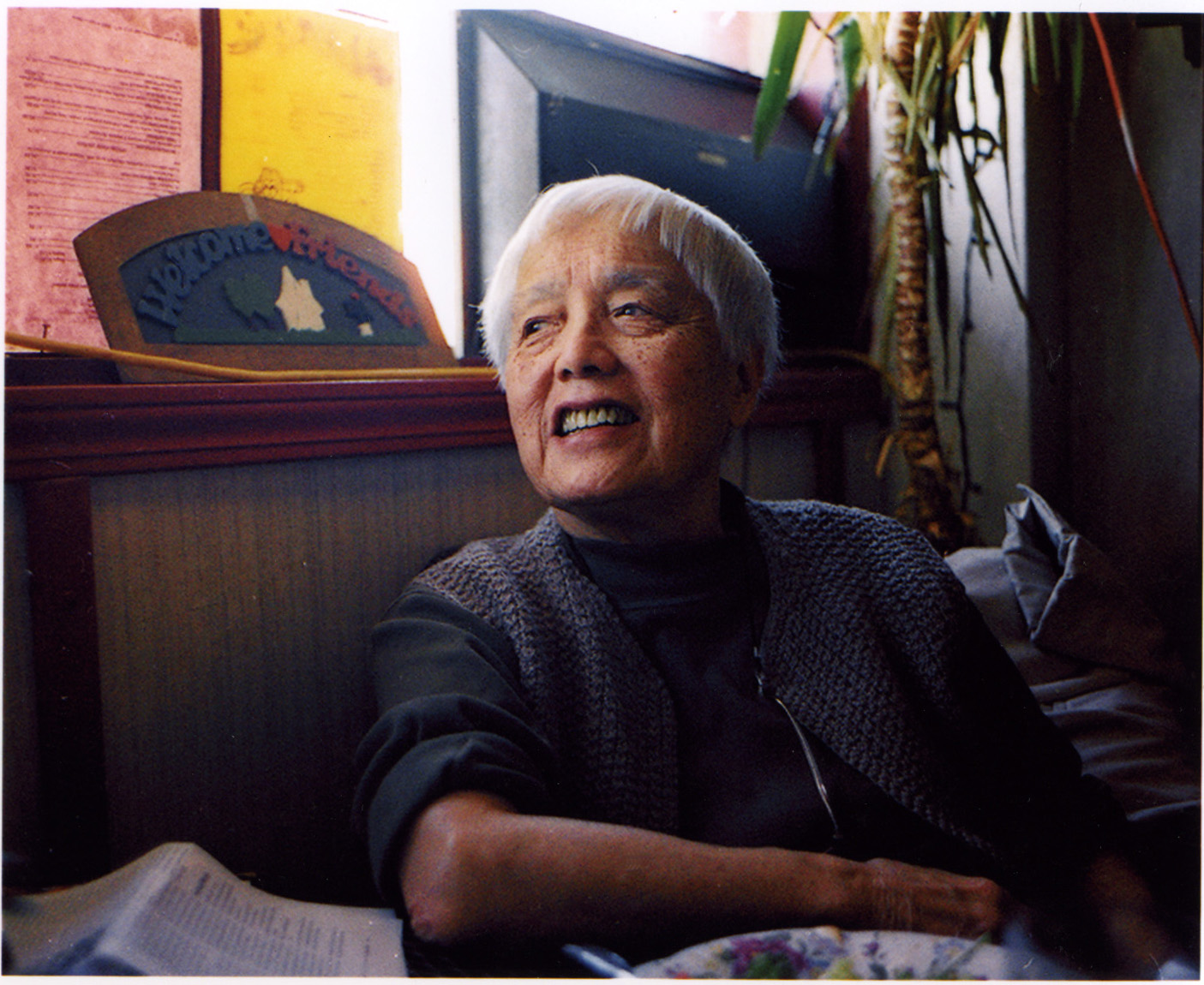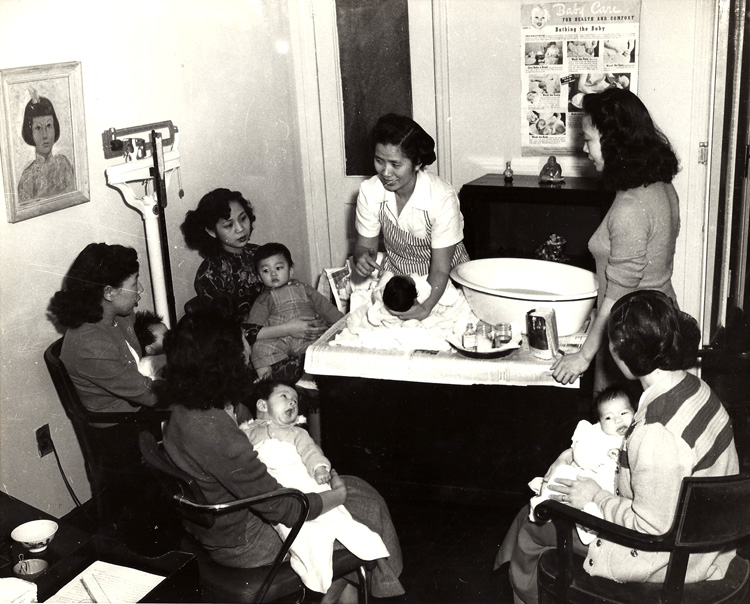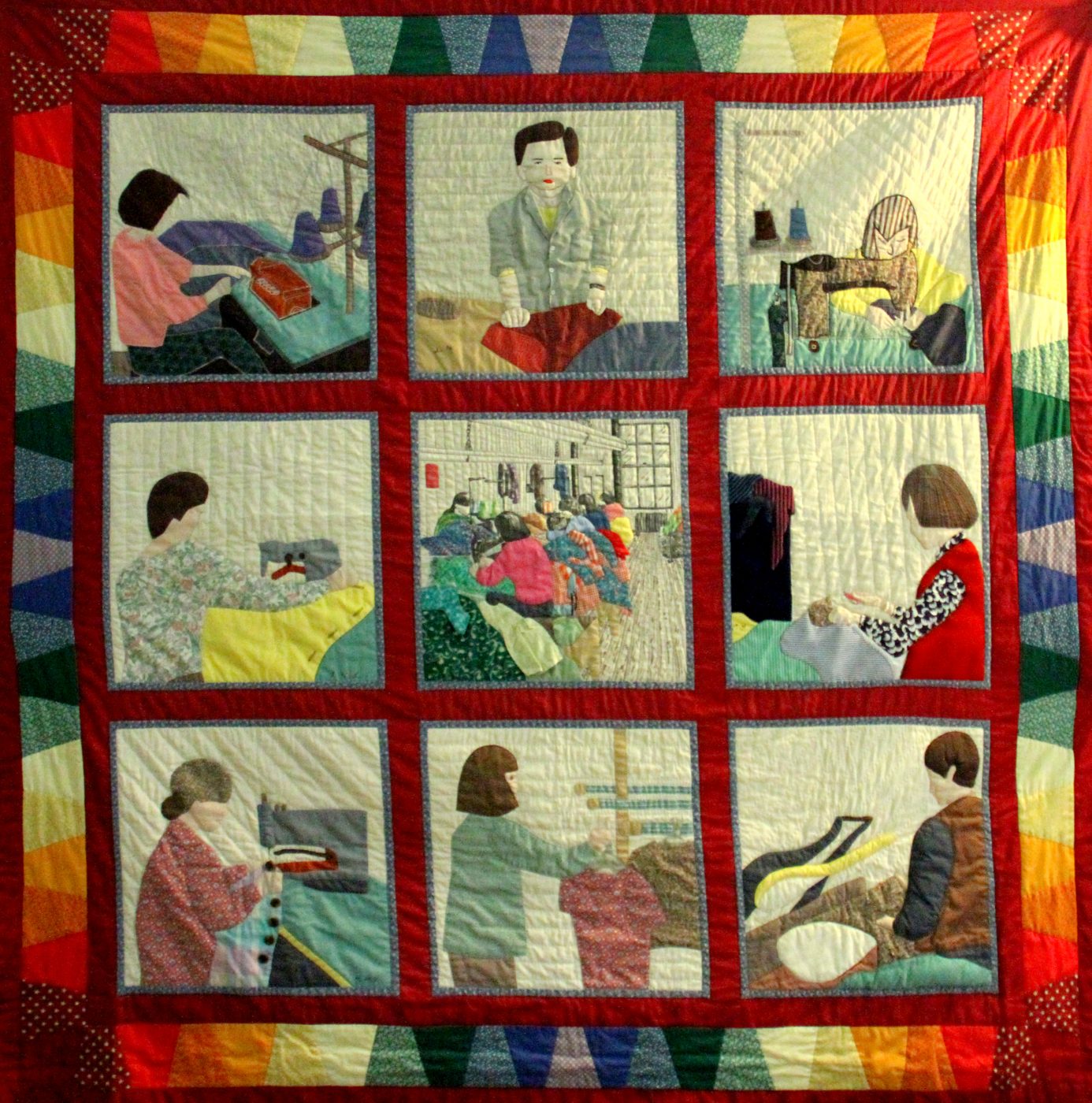Grace Lee Boggs (1915-2015) was an American activist, author, philosopher, and feminist. Her political involvement encompassed many of the major social movements of the 20th century, including labor, civil rights, Black Power, Asian American rights, women’s rights, and environmental justice. Boggs entered Barnard College on a scholarship to study philosophy and graduated in 1935. She went onto receive her PhD in philosophy from Bryn Mawr College in 1940.
Despite her education and qualifications, due to prevailing race and gender barriers in the 1940s, Boggs took a low-paying job at the University of Chicago Philosophy Library. This was where she first became involved in tenants’ rights and joined leftist political groups. She would spend a lifetime channeling her studies of Marx, Hegel, and Kant into prolific political writing and grassroots social activism, especially in the African American community, ultimately aligning herself with nonviolent strategies. While Boggs and her husband collaborated with many notable activists and figures, including Malcolm X, C.L.R. James, and Raya Dunayevskaya, they later split from their contemporaries to focus on their own grassroots efforts in the community. Boggs’ activist manifesto shied away from upheaval and emphasized community organizing and resurgent moral values, which she actively pursued until her death at the age of 100.


